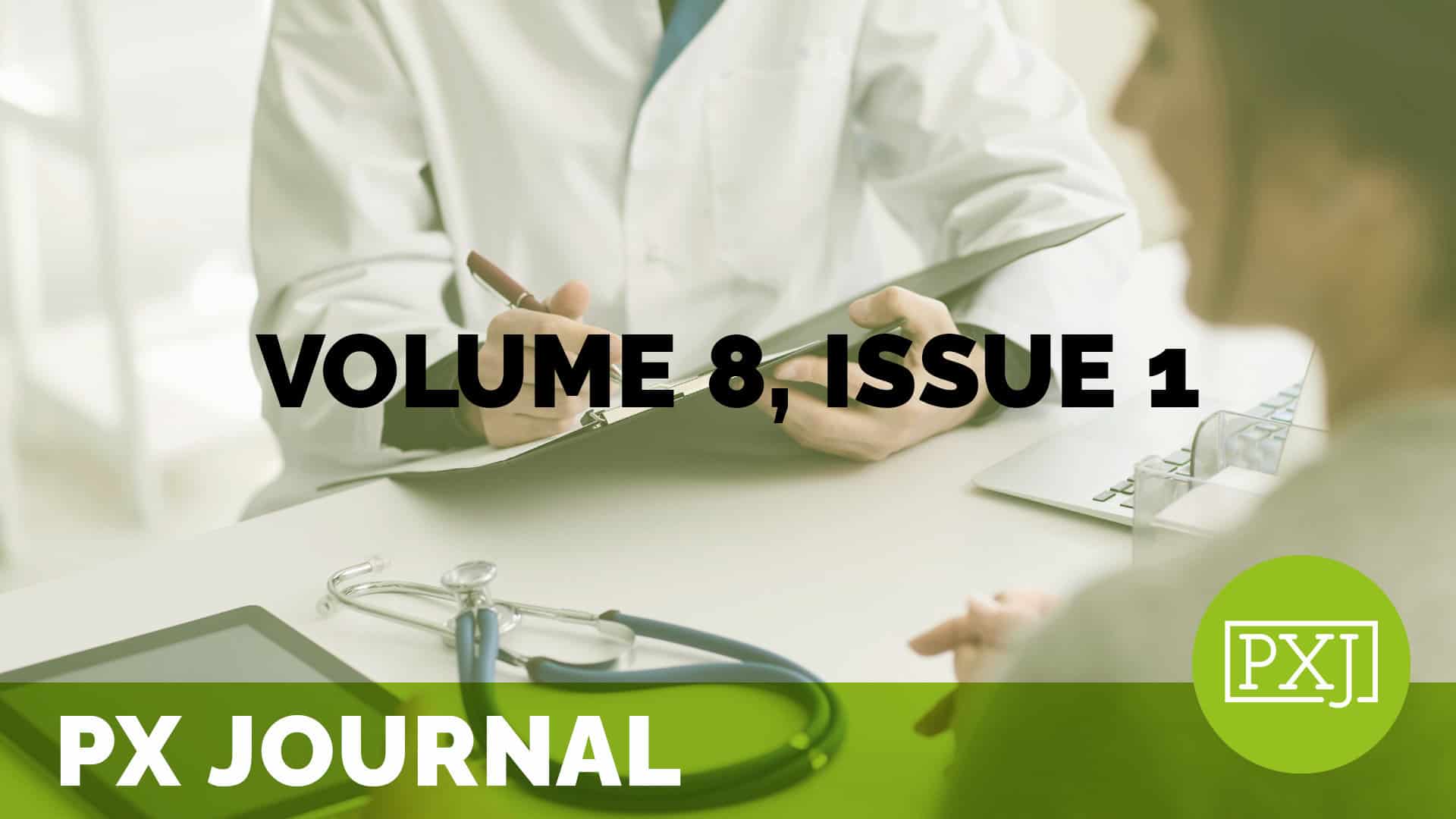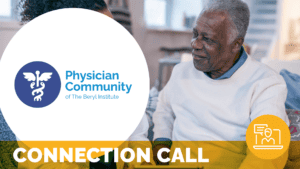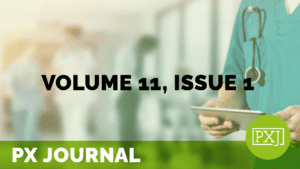Patients and family caregivers: perceptions of doctor-to-doctor advice and electronic referral notifications in Alberta

Effective communication between health professionals and patients is essential to patient safety and quality care. Primary care providers seeking specialist advice to manage patients’ conditions in the community has recently been adopted to improve timely access to specialty care and increase the efficacy of the referral process. To understand patients’ and family caregivers’ perceptions on doctor-to-doctor advice for non-urgent clinical questions and electronic referral communications with patients in Alberta, a mixed method online survey was conducted by Alberta Health Services’ Access Improvement team. A total of 1,422 patients and family caregivers living in Alberta were included in the quantitative and qualitative analysis. Although the majority of participants were comfortable with their doctors seeking advice via secure online messaging systems (93%) and over the phone (89%), about half of the participants did not know if their family doctors had ever obtained advice from a specialist to support their care. Their concerns surrounding doctor-to-doctor, non-urgent advice included the security of transferred information, privacy and confidentiality of patient information, misunderstanding of information, and delayed communication. In addition, 63% of participants reported that email was the most convenient way to receive electronic notifications about their referrals. Increasing patients’ and family caregivers’ awareness of advice services in Alberta will help promote person-centered care and improve communication during the referral and consultation process. Our findings also encourage healthcare providers and policymakers to further evaluate key areas for improvement and implement new strategies to promote better patient and provider communications while enhancing timely access to specialty care.
Related content
-
 Patient Family & Community Engagement
Patient Family & Community EngagementPX Chat on PFA/PFACS: Sustaining/Growing
12pm ET / 11am CT / 10am MT / 9am PT – Join The Beryl Institute community for an opportunity to connect with your peers on the support and resources needed to address efforts around sustaining and growing PFAs and PFACs in their organizations. Breakout discussion groups allow you to share your challenges, celebrate your
Learn more -
 Patient Family & Community Engagement
Patient Family & Community EngagementImproving Communication: Patient and Family Centered Rounds
Dr. Mikelle Key-Solle, Pediatric Hospitalist, covers five themes physicians should consider when interacting with caregivers of color and non-English-language-preferring families. These principles aim to improve communication during patient- and family-centered rounds at Duke Children’s Hospital and Health Center.
Learn more -
 Patient Family & Community Engagement
Patient Family & Community EngagementLived Experiences of Cancer Patients Who Chose to Stop Receiving Treatment
The study aimed to understand the lived experience of cancer patients who abandon treatment. Four semi-structured interviews were conducted, and the data was examined using interpretative phenomenological analysis. It resulted in four superordinate themes: (i) ‘Lack of knowledge about cancer’ dealt with patients’ knowledge and perceptions about their cancer. (ii) ‘Hopelessness with oneself and God.’
Learn more
